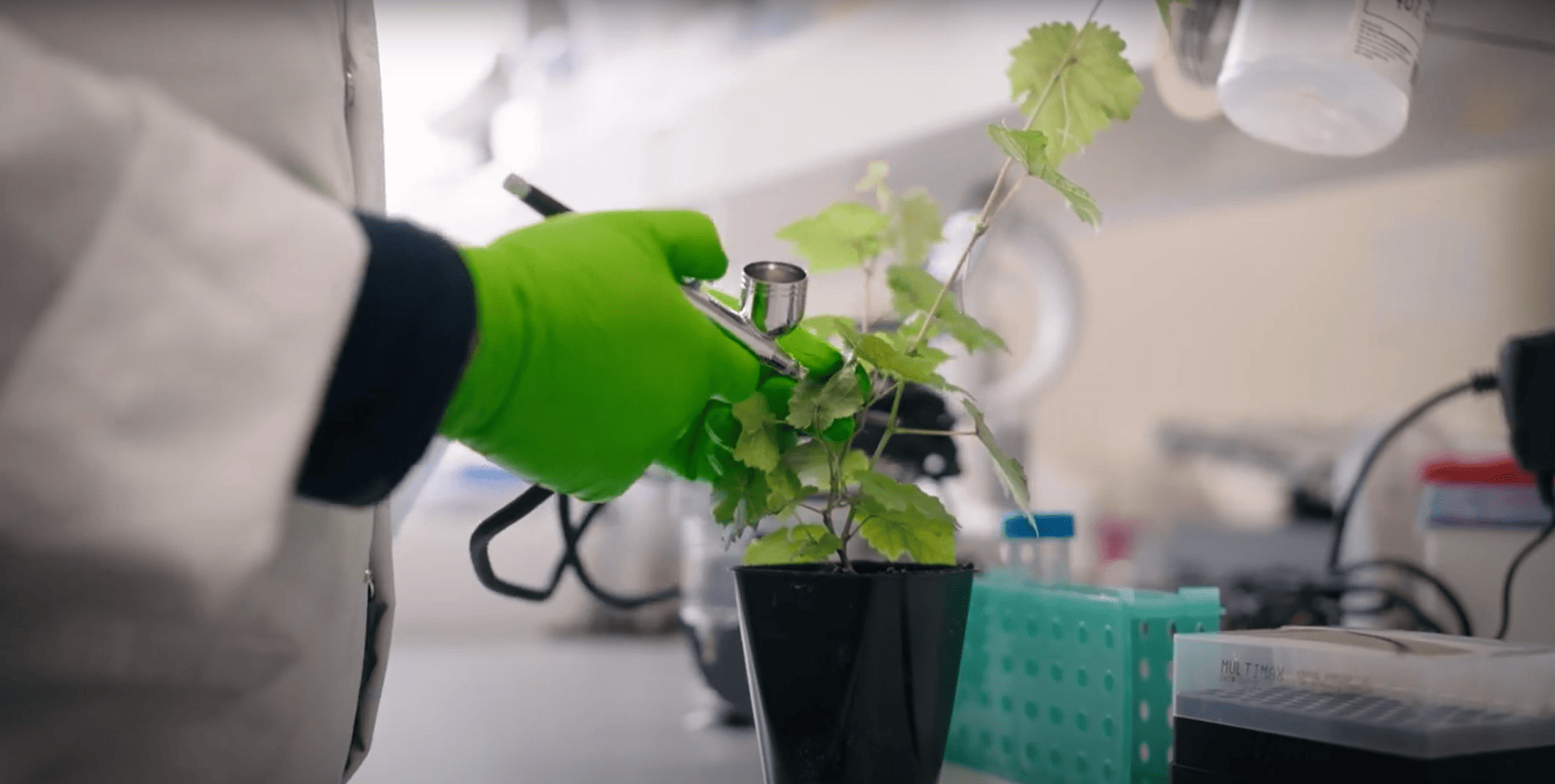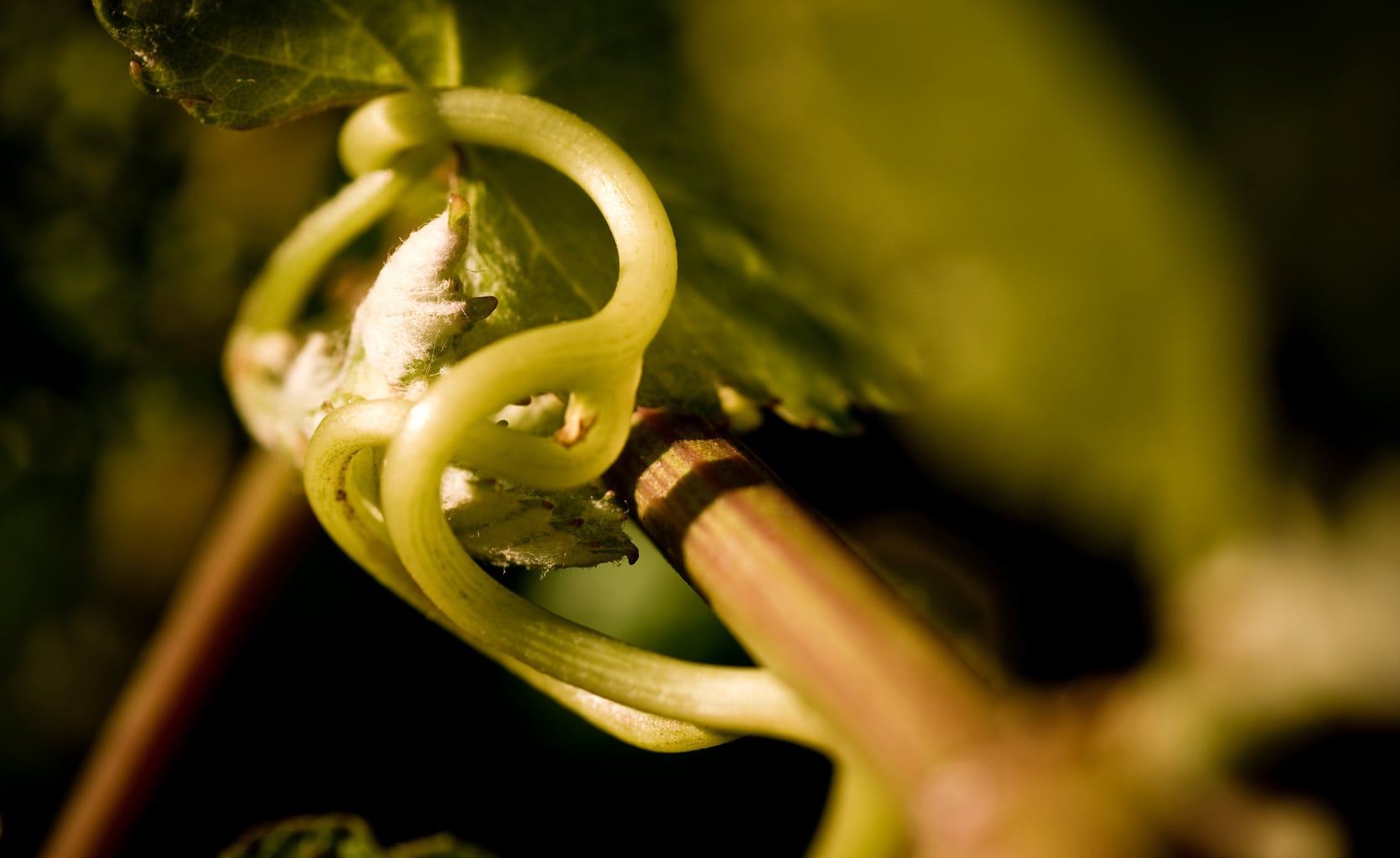Ever wonder exactly how the environment in Central Otago makes Pinot Noir taste different to that grown in Martinborough, even though the vines are the same before they’re planted? And while we’re thinking about it… if all cells in a plant have the same DNA, how do some form leaves, some roots, and others berries? A big part of the answer is ‘epigenetics’: signals from within the plant, and from the environment, change which of the tens of thousands of genes in a cell are turned on at any time.
Tuned Vines is a two-year research project run by Bragato Research Institute’s Grapevine Improvement team. The project aims to demonstrate ways to manage grapevines, by turning specific genes ‘on or off’, using a technique that would not be considered genetic modification.
Firstly, the Grapevine Improvement team is working on identifying epigenetic markers of environmental stress in grapevines – such as which genes react when the grapevine is in drought conditions or very cold weather. Secondly, they aim to prove the concept of using small RNA molecules to “tune” plant responses – making the vine react in a certain way. This is done by adding the molecule to the vine either as a root dip or by spraying the leaves.
The potential outcomes from this project could help vineyards adapt to the changing climate. Some of the hypothetical ways that this knowledge could be used include, priming grapevines to increase their hardiness ahead of a drought, or delaying sugar ripening of the grapes if temperatures were sweltering.
In addition to providing knowledge relevant to the later stages of the Sauvignon Blanc 2.0 programme, the aim of this project is to create a credible base of knowledge to be progressed with collaborators outside BRI from mid-2023.

















